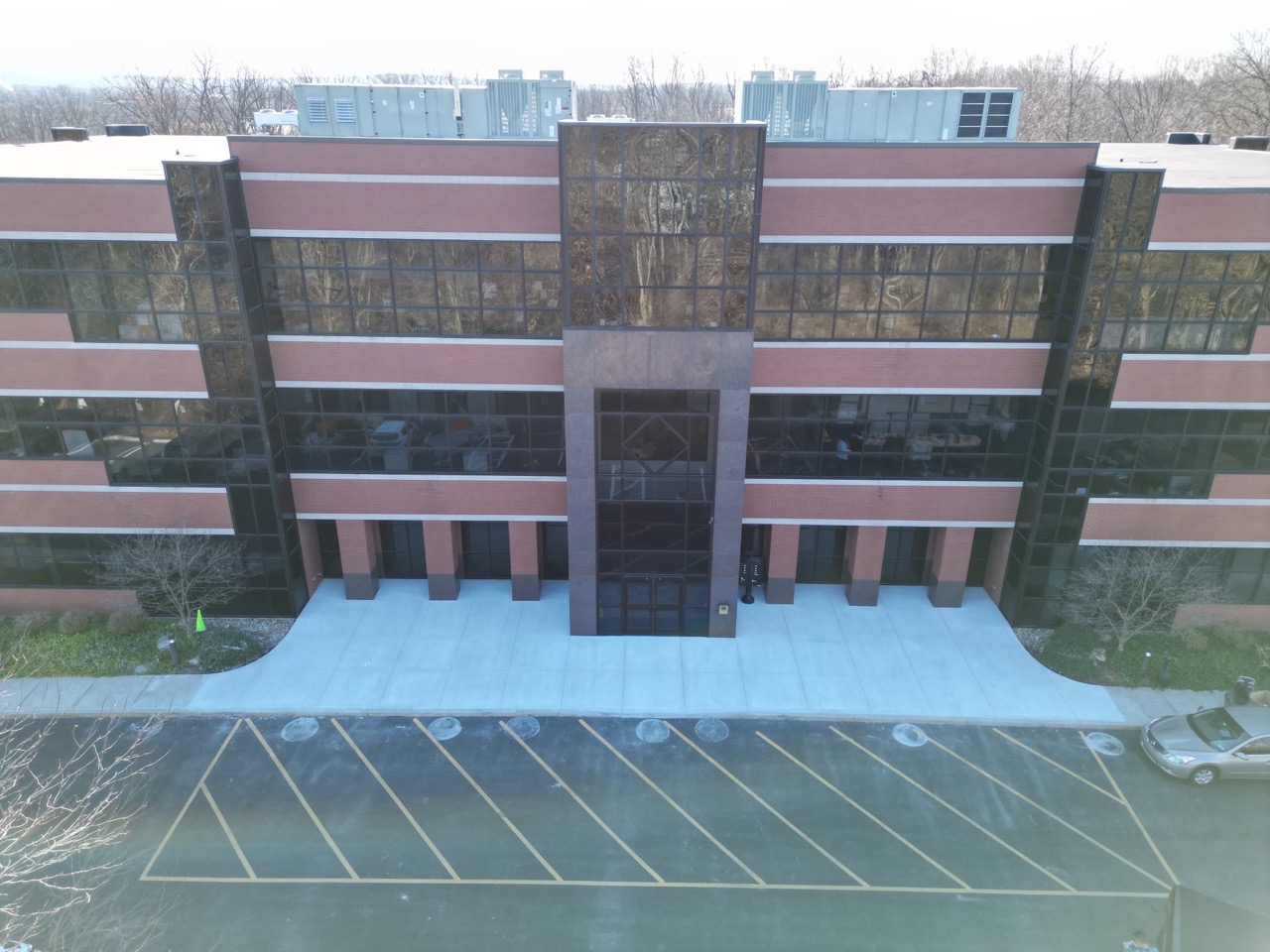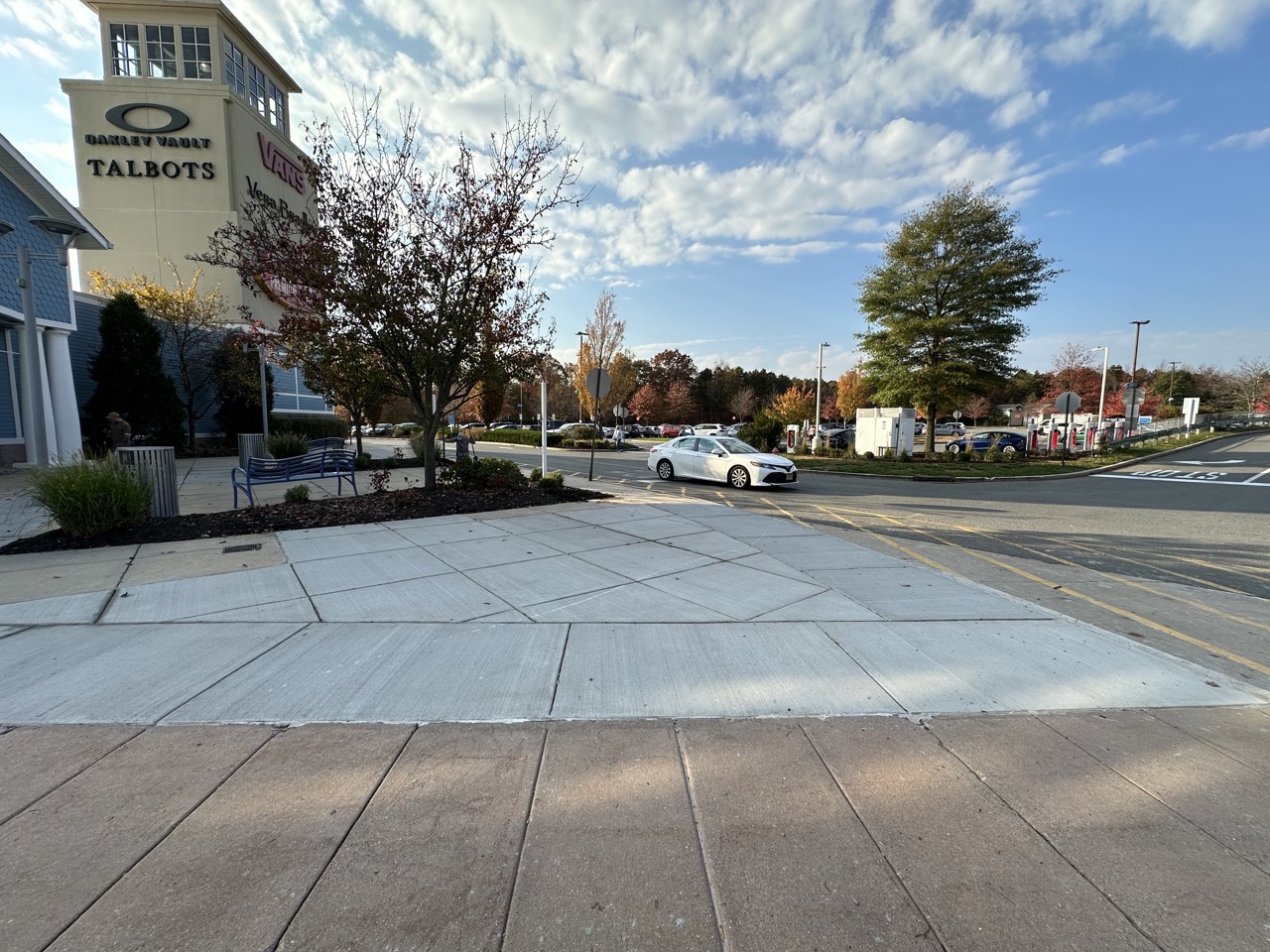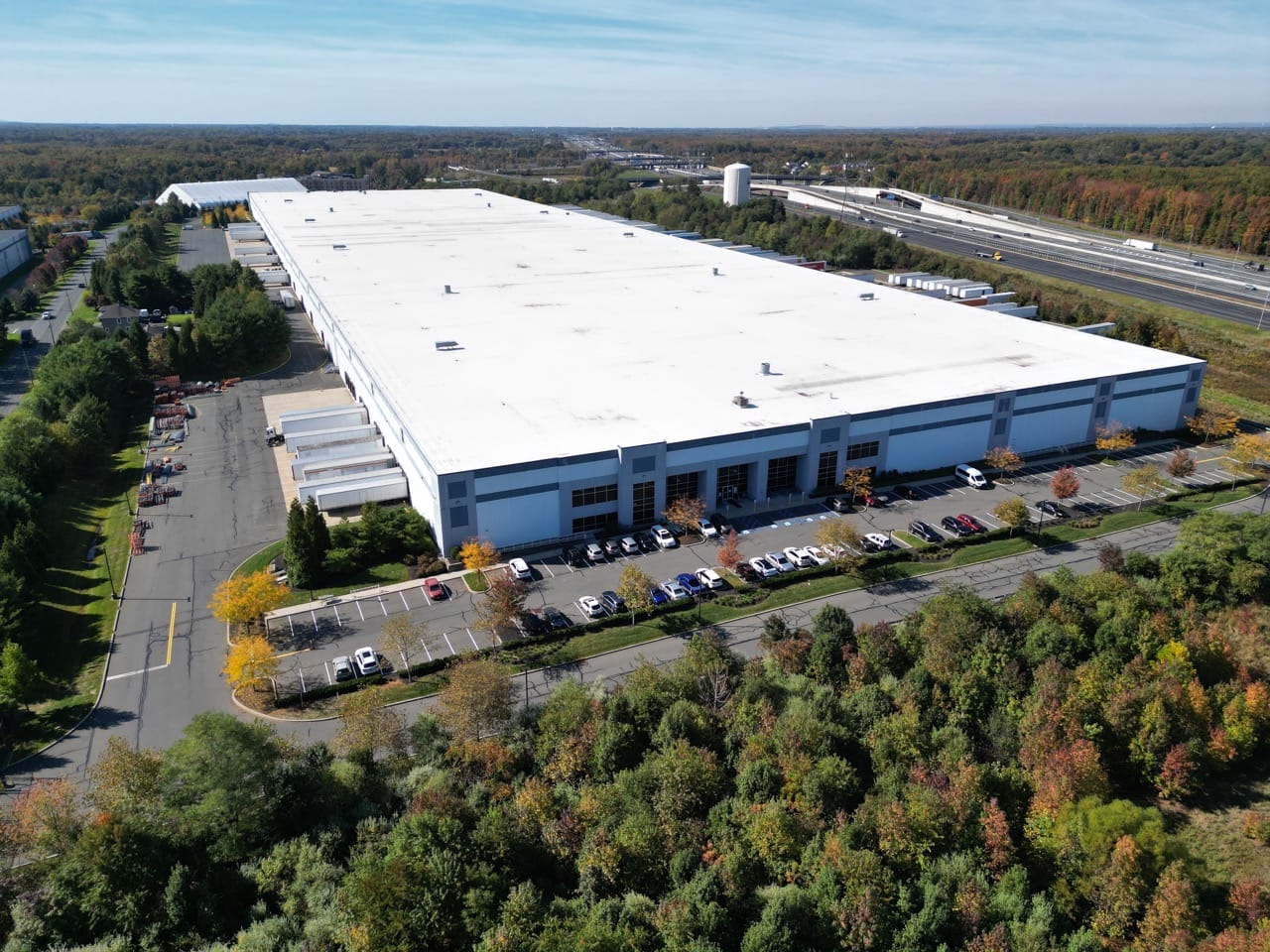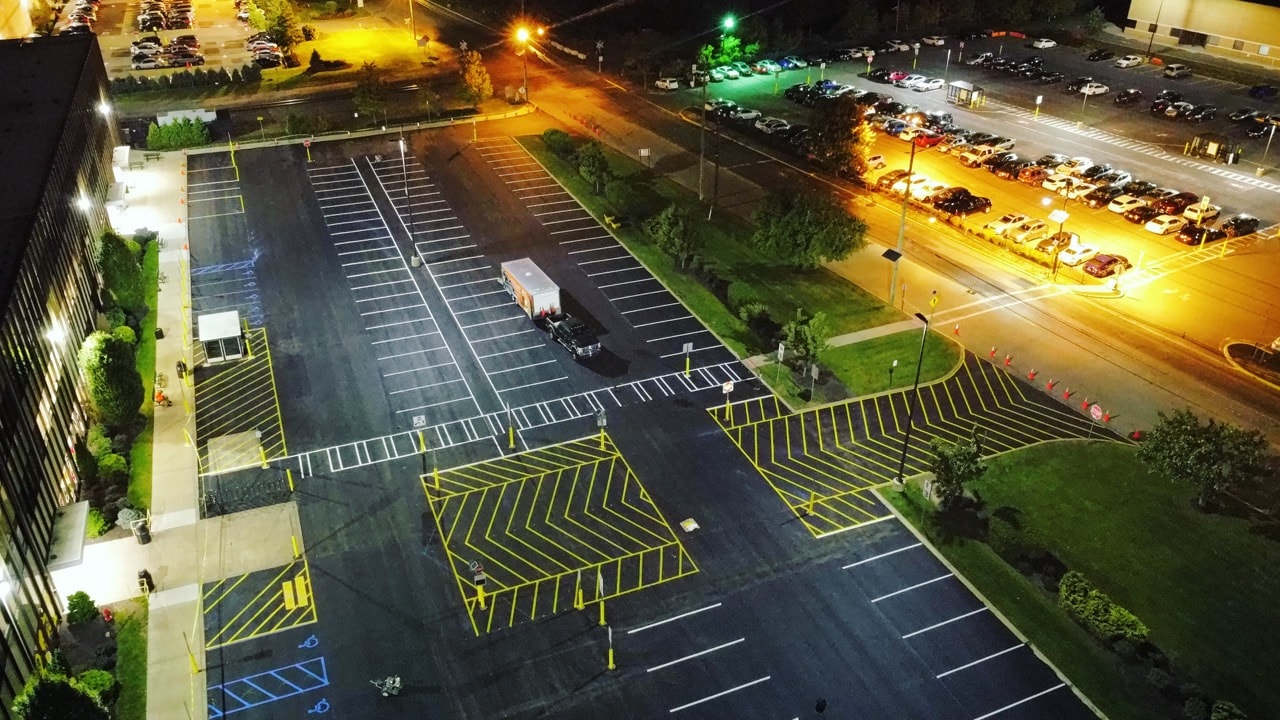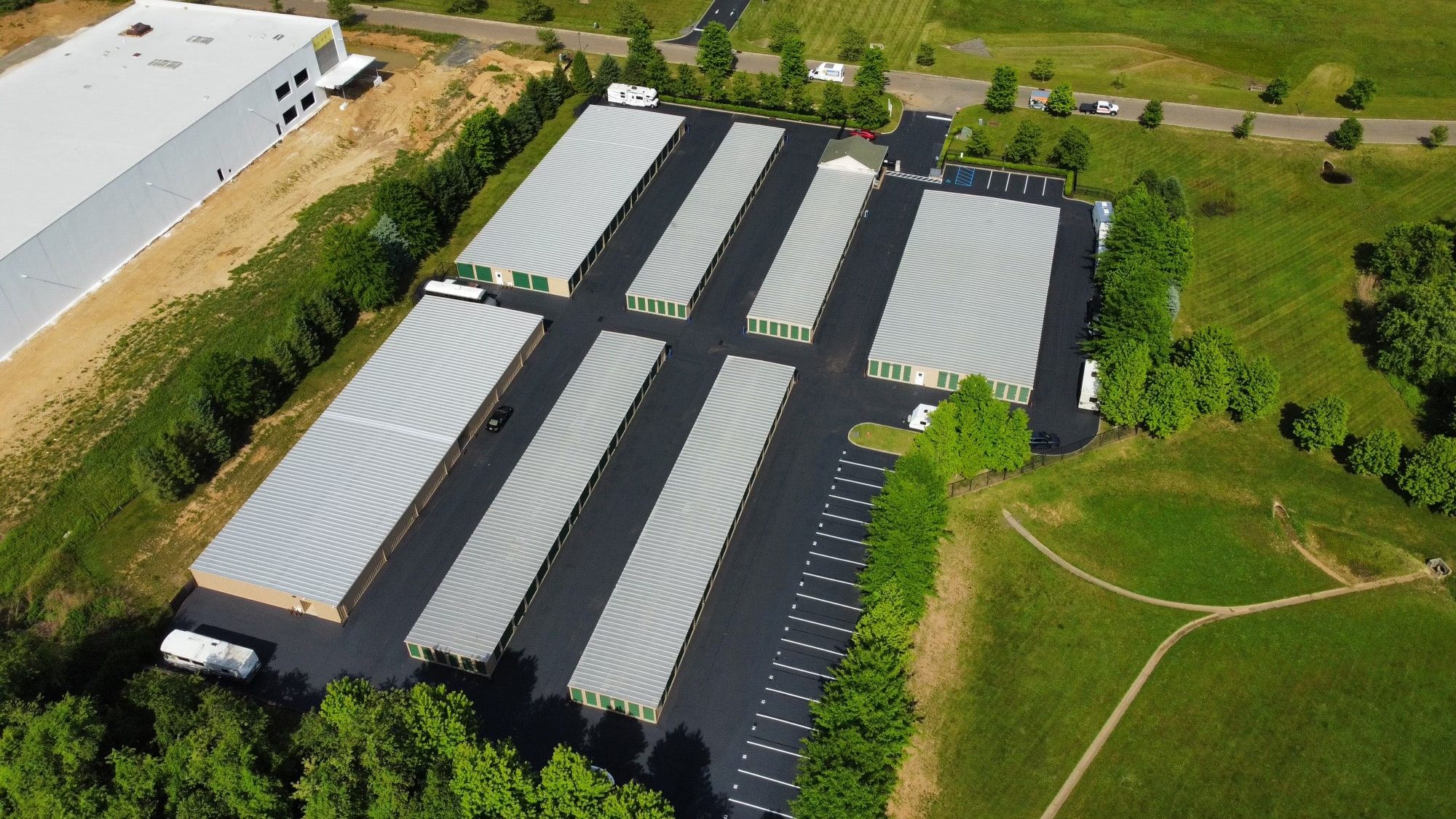As a Commercial Property Manager, you know that the parking lot is one of the first things your tenants and customers see when they arrive. A well-maintained parking lot not only looks good, but it also provides safety and convenience for those using it.
When it comes to pavement maintenance, there are two primary options: concrete and asphalt.
While both materials are durable and long-lasting, the methods of maintenance differ.
In this blog post, we will explore the differences between concrete pavement maintenance and asphalt pavement maintenance.
By understanding these differences, Commercial Property Managers can take the necessary steps to keep their parking lots in top condition.
The Importance of Pavement Maintenance
First, let’s discuss why pavement maintenance is essential.
Commercial property pavements are constantly exposed to different types of stress, such as:
- Weather conditions: Pavements are subject to rain, snow, frost, heat, and extreme temperature changes. These can cause expansion or contraction of the pavement material, leading to cracks and deformation.
- Heavy traffic: Vehicles of all sizes and weights circulate on the pavement, causing compression and abrasion of the pavement surface. This can lead to the formation of potholes and ruts.
- Pedestrian traffic: Foot traffic can also cause wear and tear on the pavement, especially on sidewalks, crosswalks, and other high-traffic areas.
- Environmental factors: The presence of trees, roots, and other vegetation near the pavement can also contribute to the weakening and deformation of the pavement material. To prevent pavement damage, regular maintenance and repair are necessary. This can include resurfacing or repaving the pavement, filling in potholes and cracks, and improving drainage and erosion control.
By keeping pavements in good condition, property managers can ensure safer and more efficient transportation for everyone.
Failure to maintain pavements can result in costly repairs and a dangerous environment for vehicles and pedestrians. A liability that no property manager needs to deal with!
Concrete Pavement Maintenance
Concrete is known for its durability and resistance to wear and tear, but it can still become damaged over time.
A very common form of damage to concrete pavement is cracking and spalling.
These can be caused by a number of factors, such as freeze-thaw cycles, heavy traffic loads, settling, and chemical exposure.
To maintain concrete pavement, cracks, and spalls must be repaired promptly.
This involves filling the cracks and spalls with a special concrete mixture that matches the existing surface.
Additionally, concrete pavement should be sealed at the expansion joints to regularly to protect against further damage. This will prevent the water from forming its own drain way underneath your parking area! (Very bad for the foundation of your pavement because it disturbs its integrity!)
Asphalt Pavement Maintenance
Asphalt is a popular choice for parking lot pavement due to its cost-effectiveness and durability.
However, it is prone to damage from weather, chemicals, and heavy traffic.
The most common forms of damage to asphalt pavement are cracking and potholes.
To maintain asphalt pavement, cracks and potholes must be repaired promptly.
Depending on how bad it is before it’s repaired, it could be as minor as crack sealing, seal coating, or as extensive as redoing the entire area.
That’s why regular asphalt maintenance is so vital. When asphalt pavement is seal coated regularly (this process involves applying a thin layer of sealant to the surface of the asphalt, which helps to prevent water and other substances from penetrating the surface), it not only protects against minor damage, but it also protects the property management from major repairs that can quickly wreck your budget!
Why is it important to know the difference between concrete and asphalt maintenance?
While the basic maintenance of concrete and asphalt pavement is similar, there are some key differences.
Concrete and asphalt pavements have different characteristics and require different types of maintenance. Concrete pavements are durable and long-lasting, but they require sealing, joint repairs, and patching to maintain their strength and appearance. On the other hand, asphalt pavements are flexible and cost-effective, but they require crack sealing, sealcoating, and overlaying to prevent damage and extend their lifespan.
Knowing the difference between the two types of maintenance can save you time and money in the long run.
For example, if you are maintaining a property with a large concrete pavement, you may need to allocate more resources to joint repairs and patching. If you are maintaining a property with a large asphalt pavement, you may need to prioritize crack sealing and sealcoating to prevent further damage.
Additionally, understanding the difference between concrete and asphalt maintenance can help you make informed decisions when it comes to pavement repairs and replacements.
For example, if you are deciding between repairing a damaged section of concrete pavement or replacing the entire pavement, you may consider the age of the pavement, the extent of the damage, and the cost of repairs.
By understanding the nuances of concrete and asphalt maintenance, you can develop a comprehensive pavement maintenance program that meets your property’s specific needs.
Regular maintenance is critical to ensuring the safety and appeal of your property, and understanding the difference between concrete and asphalt maintenance is a crucial component of an effective pavement maintenance program.
Is your Maintenance Program built by a detailed Site Assessment?
We offer detailed site assessments as part of our pavement maintenance program that many property managers rely on to stay on budget and extend the life of the property.
How does it work?
Our team of experts conducts thorough site assessments to identify any existing issues and potential problem areas.
This information is used to develop a customized maintenance plan that addresses your property’s specific needs while keeping your budget in mind.
By identifying issues early on and developing a proactive maintenance plan, we can prevent small problems from turning into costly repairs.
Don’t let pavement maintenance drain your budget this year
We can head out to your property and provide you with a detailed assessment that you can use to plan ahead. We regularly work with property managers to provide regular assessments and perform all needed repairs, large and small.
Contact us today and let us know about your concerns.






